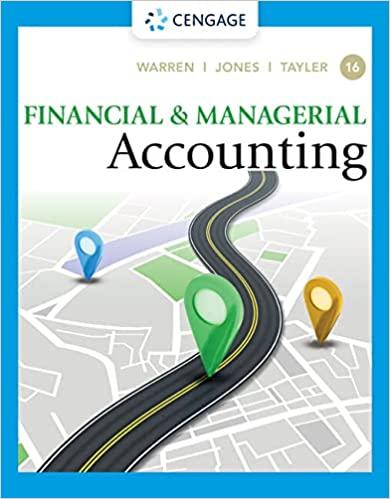Question
The following data relates to Qais Company Limited. Read the data carefully and answer the questions 1 through 4 below. Balance Sheet 2018 2017 2016
The following data relates to Qais Company Limited. Read the data carefully and answer the questions 1 through 4 below.
Balance Sheet
2018 2017 2016
Assets Rs. Rs. Rs.
Receivables (net of reserve for doubtful debts @ 2%) 384,000 336,300 285,600
Cash 78,000 72,000 28,350
Goodwill 90,000 105,000 120,000
Inventories 423,000 420,000 411,000
Investments 300,000 480,000 600,000
Marketable securities 89,100 99,630 112,350
Other assets 110,100 - -
Plant and machinery, net 1,350,000 1,260,000 1,170,000
Prepaid expenses 17,400 18,600 18,000
Vehicles 510,000 480,000 420,000
3,351,600 3,271,530 3,165,300
544,500
549,000
552,000
96,600 85,200 72,300
195,000 180,000 -
42,000 36,000 37,500
238,500 246,000 322,500
- 135,330 264,000
330,000
300,000
300,000
120,000 120,000 -
1,500,000 1,350,000 1,350,000
45,000 45,000 45,000
240,000 225,000 222,000
3,351,600 3,271,530 3,165,300
Total assets
Liabilities and Stockholders' Equity
Accounts payable
Accrued expenses
Debentures
Income taxes
Long-term debt
Short term loan
Stockholders' equity:
5% Preferred stock (Irredeemable)
6% Preferred stock (Redeemable)
Common stock
Paid-in capital in excess of par
Retained earnings
Total liabilities and stockholders' equity
Page 1 of 2
Income Statement
2018 2017 2016
Rs. Rs. Rs.
Revenues:
Net sales 2,820,000 2,700,000 2,640,000 Other income/(loss) (28,800) 33,900 -
2,791,200 2,733,900 2,640,000
285,600
286,800 282,000
1,821,000 1,740,000 1,698,000
- - 90,000
87,600 65,100 69,300
24,000 24,300 33,000
528,400 590,200 423,000
2,746,600 2,706,400 2,595,300
44,600 27,500 44,700
Costs/Losses:
Administrative and general expenses
Cost of goods sold
Extraordinary loss, net of taxes
Income taxes
Interest expense
Selling expense
Net earnings
Question No. 1 (10)
Reconstruct the financial statements, given above, in a form that is most suitable to conduct various types of financial analysis for assessing trends and making projections of financial operations and strength of the business entity. Also justify.
Question No. 2 (5+5)
a) Prepare common size analysis (vertical and horizontal) and explain, with reference to certain values, the limitations of using fixed base year instead of rolling base year.
b) Based on your analysis above, give a comprehensive commentary on the trends of firm's performance.
Question No. 3 (3+4+3)
a) What are various tools that could be employed to assess the profitability of a firm.
b) Employ a tool that you think is the best and assess the profitability of Qais Company Limited by making certain plausible assumptions.
c) Based on the analysis above, develop your argument for or against a proposal of investment of funds in this company by a treasury manager.
Question No. 4 (3+4+3)
a) Calculate various types of ratios that you think are essential to assess the short-term liquidity as well as long term solvency of Qais Company Limited.
b) Explain each ratio calculated above individually along with its limitations.
c) Give your overall opinion about the liquidity and solvency of the company.
Step by Step Solution
There are 3 Steps involved in it
Step: 1

Get Instant Access to Expert-Tailored Solutions
See step-by-step solutions with expert insights and AI powered tools for academic success
Step: 2

Step: 3

Ace Your Homework with AI
Get the answers you need in no time with our AI-driven, step-by-step assistance
Get Started


